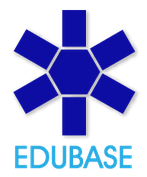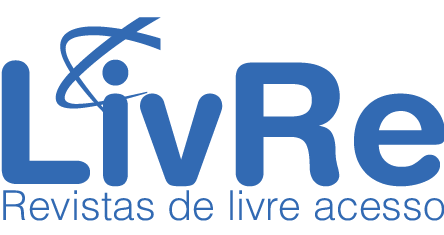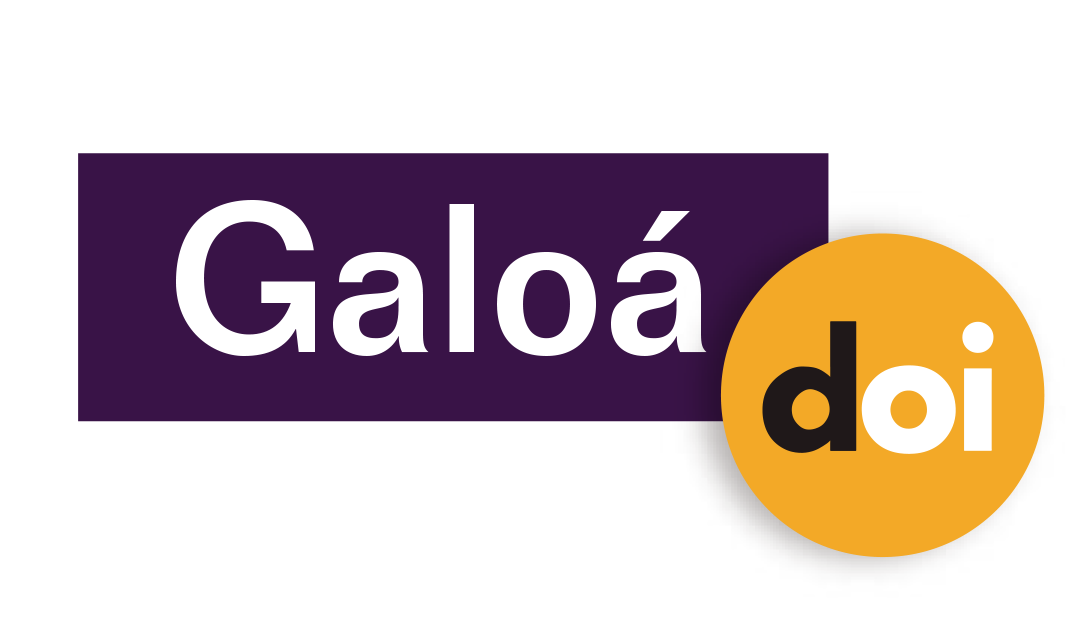Games as STEAM learning enhancers. Application of traditional Jamaican games in Early Childhood and Primary Intercultural Education
Resumo
Background: Despite its social importance, the learning associated with STEAM thinking (science, technology, engineering, arts, and mathematics) we consider is not fully developed in classrooms. Objectives: This research proposes to promote STEAM skills through game-based learning.. Design: These were used to design an integrated educational proposal, called the Micro Play Project (MPL), following the principles of game-based learning and an intercultural approach focused on Ethnomathematics. Setting and Participants: This MPL was implemented in a Spanish school with small groups of students from Pre-school and Primary Education, dedicating three sessions to each of the four games, which were recorded on video. Data collection and analysis: Studying the Jamaican culture, we discovered that the game is a relevant cultural sign in Jamaica, we compiled and analyzed its traditional games, generating a catalog, from which we selected four games, for their potential to develop STEAM learning at school .Qualitative-interpretive research was carried out through a case study and content analysis, using a proprietary tool. Results: they are diverse skills, artistic, scientific and mathematical manifested when playing, such as: musical sense, detection of similarities, ability to turn, identification of shapes, estimation of distances, formulation of hypotheses and establishment of relationships by criteria, which have confirmed the didactic potential of these games, in an environment of ethnomathematical intercultural education. Conclusions: The validity of the MPL as a didactic method to develop STEAM learning is deduced from the results. We hope to strengthen and spread this method by making new elaborations and applications of MPL.
Palavras-chave
STEAM learning, Game-based learning, Traditional games, Early Childhood Education and Primary Education, Ethnomathematical Intercultural education
DOI: https://doi.org/10.17648/acta.scientiae.6019
Apontamentos
Direitos autorais 2020 María José Espigares-Gámez, Alicia Fernández-Oliveras, María Luisa Oliveras Contreras

Esta obra está licenciada sob uma licença Creative Commons Atribuição 4.0 Internacional.
ANÚNCIOS
Informamos que, a partir de outubro de 2024, a revista Acta Scientia volta a aceitar submissões de artigos para publicação.
Mais, informamos que sites fraudulentos, https://periodicos-ulbrabr.org e https://periodicos-ulbrabra.org, estiveram se passando pela Acta Scientiae, utilizando nosso nome e identidade visual e até solicitado taxas de APC, que nós não cobramos. Aconselhamos cautela para evitar serem enganados por sites semelhantes.
Conceito A2 na Capes(2021)
Índice h5 do Google Scholar: 13
Índice mediana h5 do Google Scholar:24
eISSN: 2178-7727
Indexações:
A Acta Scientiae é indexada em: | Scopus |  | Latindex |  | Edubase (SBU/UNICAMP) |
 | Sumarios.org |  | Google Scholar |  | Portal LivRe (CNEM) |
 | Journals for Free |  | REDIB |  | Galoá DOI |

Todos os trabalhos publicados aqui estão sob uma licença Creative Commons - Atribuição 4.0 Internacional.
